Archive

Kudrati Kanbala Necklace
There’s nothing here you haven’t seen before and yet it feels new but in a strangely familiar kind of way — like someone you meet whom you know you don’t know but who, it somehow seems, you’ve know...

View more
The Bridget Riley
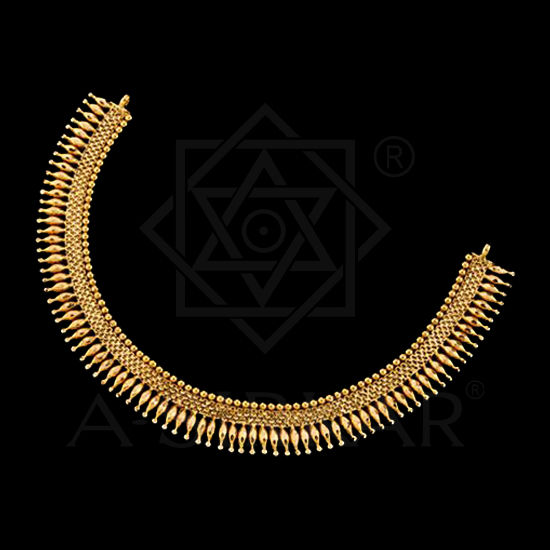
View more
Kamini-Kuri

View more
Ajanta 'Guinea' Necklace

View more
Jayati 'Guinea' Necklace

View more
Priyanjana

View more
Qudratan

View more
Bonophul Hansuli

View more
Aru-Soma

View more
Nandighosha - My New Home in Your Heart

View more
Kudrati Kanbala Necklace

View more
Jhilimili Choker-Necklace

View more
HilaalKamal

View more
Pearly Paraselene Pendant and Black Barfi Borderwala Rani-Guinea Pendant

View more
Anirneya
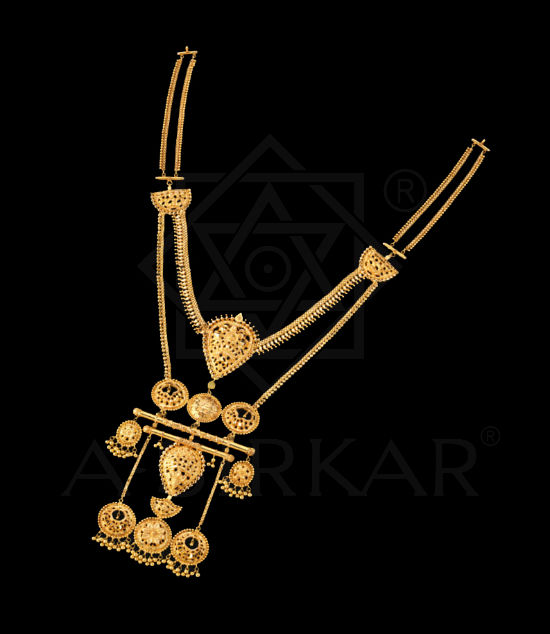
View more
Solapur Sita-Har

View more
SweetHearts Necklace Set

View more
Chaahat-Chaniya Necklace

View more
Ramnagarer Shonar Haathi

View more
Granny’s Lotus Belt Necklace

View more
Debangee

View more
Chandamama

View more
Vidita

View more
Manima!
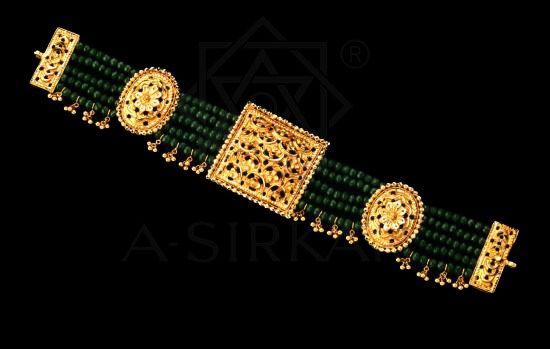
View more
Nargisa

View more
Akarshini Mayur Palak Necklace

View more
Nishi Padma

View more
Nabagraha Har

View more
Benarasi Darja

View more
Deepavali Necklace
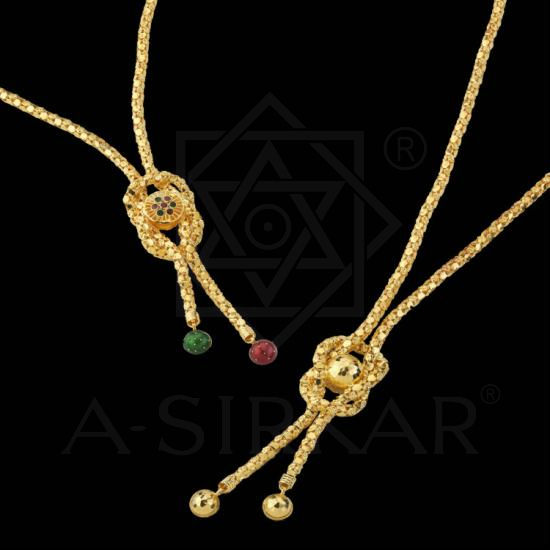
View more
Maitrayee's Love Knot Necklace

View more
Debanjali

View more
Pratul-phul Necklace

View more
Visva-Rupa KasulaPeru
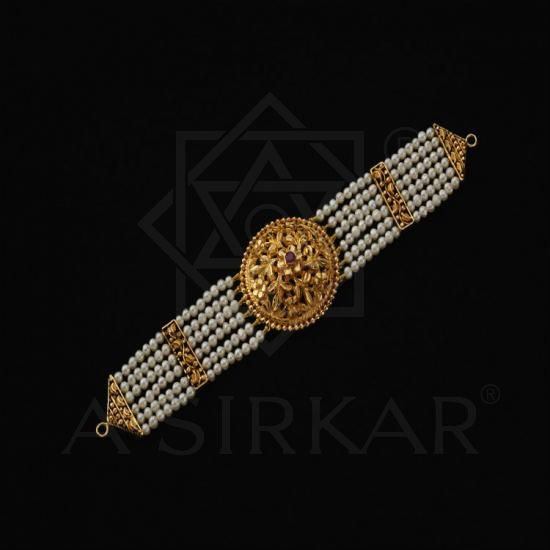
View more
Pushpita

View more
Taptim Necklace
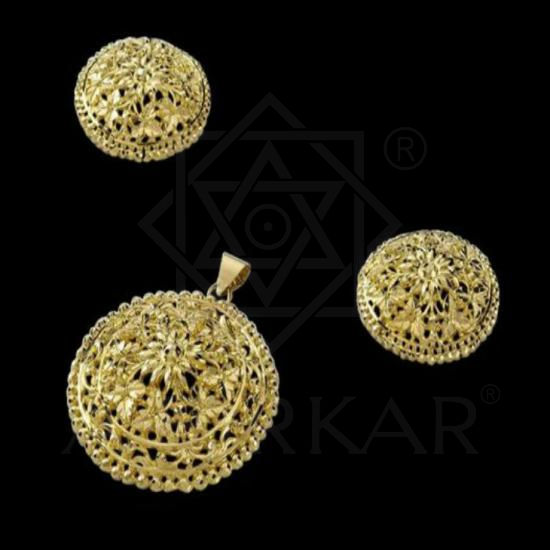
View more
Chinar Pata Pendant and Pasha

View more
Dr. Chandreyee

View more
Festival Necklace

View more
Hamak Necklace

View more
Chitrakote

View more
Chiro-Kadamphul Har

View more
Muththu-Pavalam Necklace Set

View more
Kabyasree

View more
Golden Feather

View more
Suili Mala

View more
Piyasha
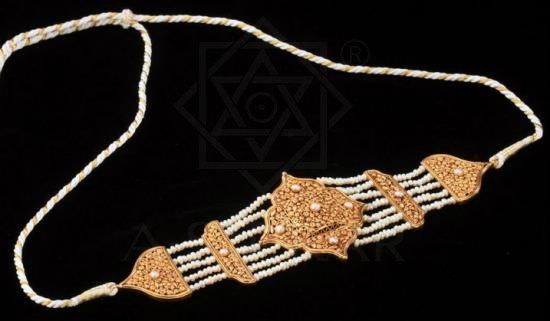
View more
Moti Mahal

View more
Sutanuka
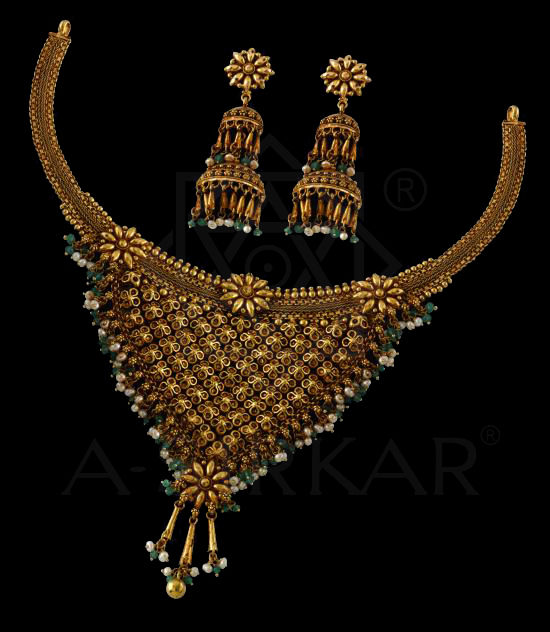
View more
Neem Chameli Necklace

View more
Ira
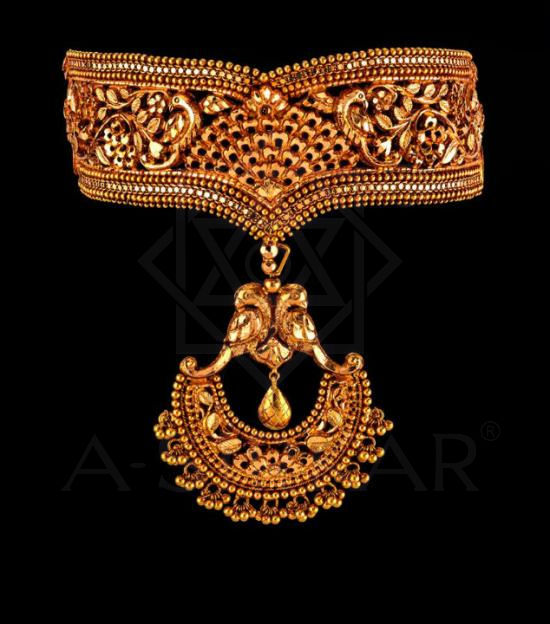
View more
Juna Mahal

View more
Kanakpriya

View more
The Velluri Vaddanam
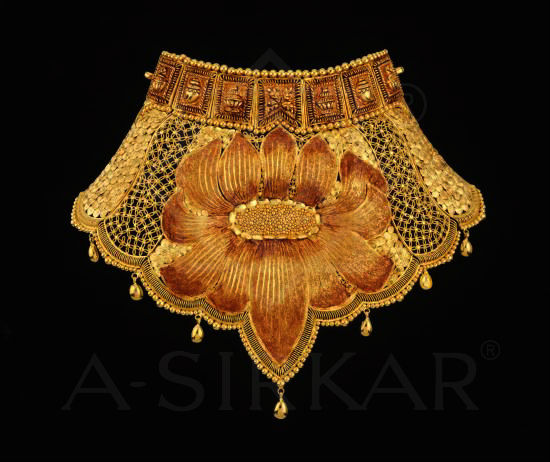
View more
Padmapriya
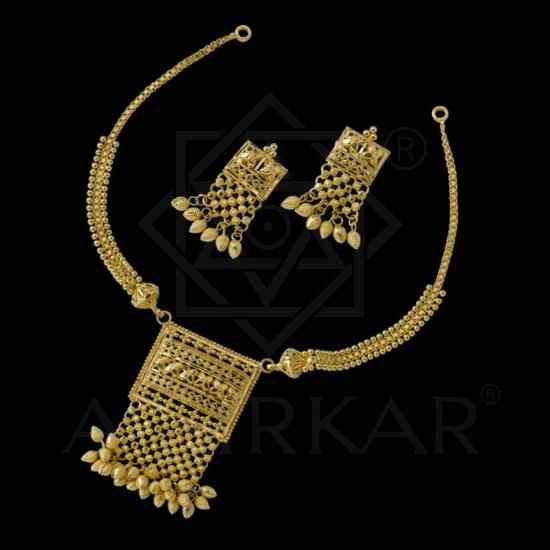
View more
Bengal-Style Rajputi Teota Set

View more
Baurani'r DoRokha Guinea Har

View more
Kathakali

View more
Ulto Christmas Tree Necklace
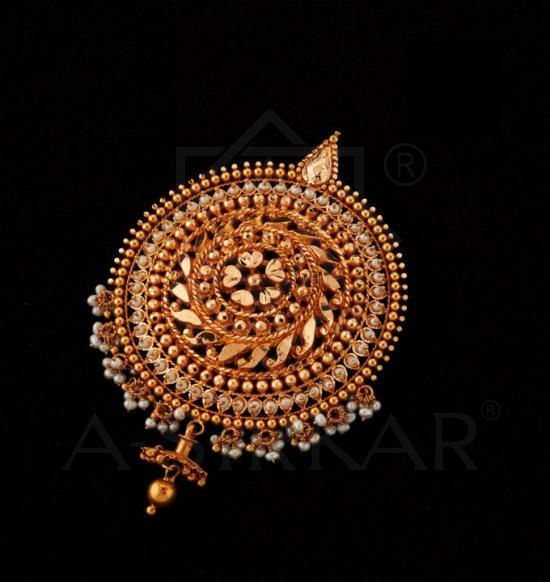
View more
Omani Seahorse Pendant

View more
Tulsi Thaali Mangalyam
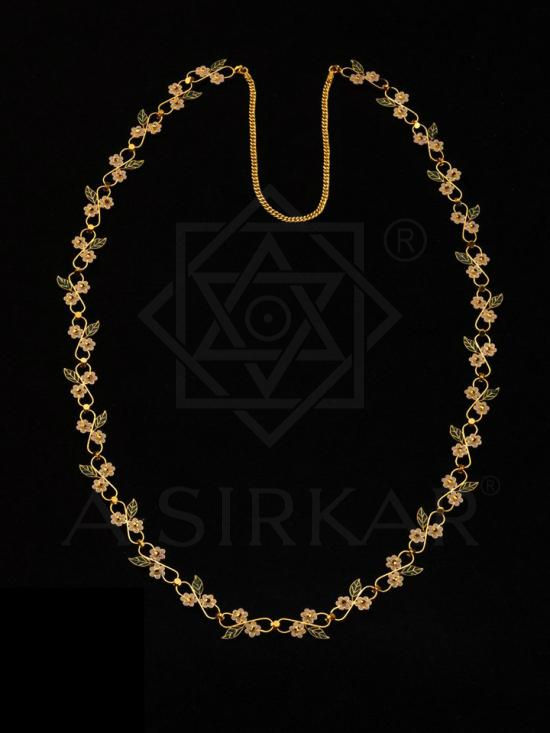
View more
Daisy 'Love' Chain

View more
Kakoli

View more
Aabroo

View more
Tzolkin New Moon Necklace

View more
The 'Snowflakes'

View more
Nupur Jhora
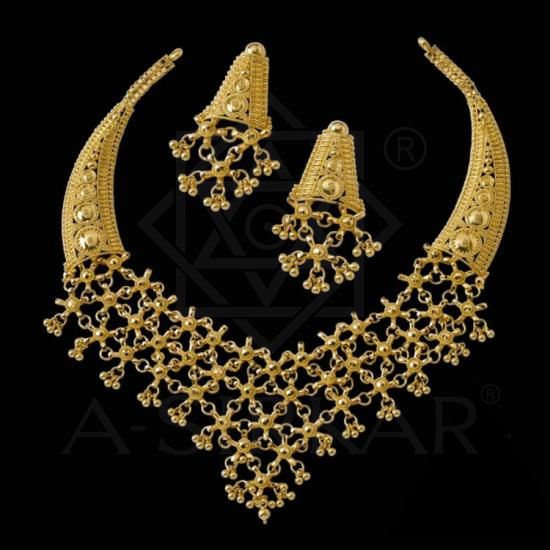
View more
Daana Subhadra Necklace and Earrings

View more
Bichitra

View more
Bengal Rose Hansuli

View more
Sraboni

View more
Aaina Mahal

View more
Bashona Bagan

View more
Thayittu
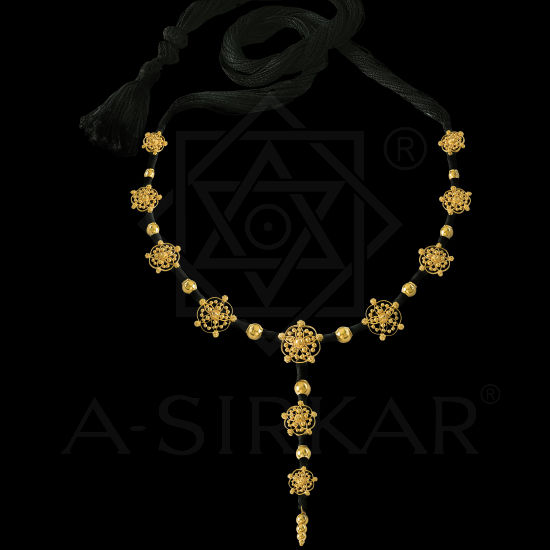
View more
Snowflakes
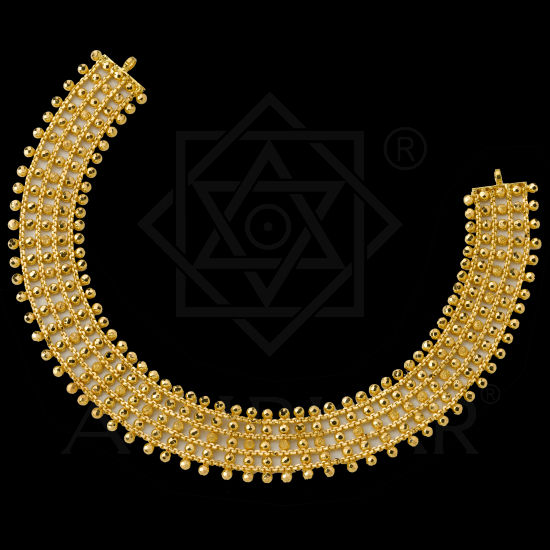
View more
Panchamukhi Chatai

View more
Lajvati Necklace

View more
Kajollata

View more
Gandharaj

View more
Juin-Phul Necklace

View more
Maghreb

View more
Guinea Sonar Chand Mala

View more
Tillotama

View more
Ghagra Necklace

View more